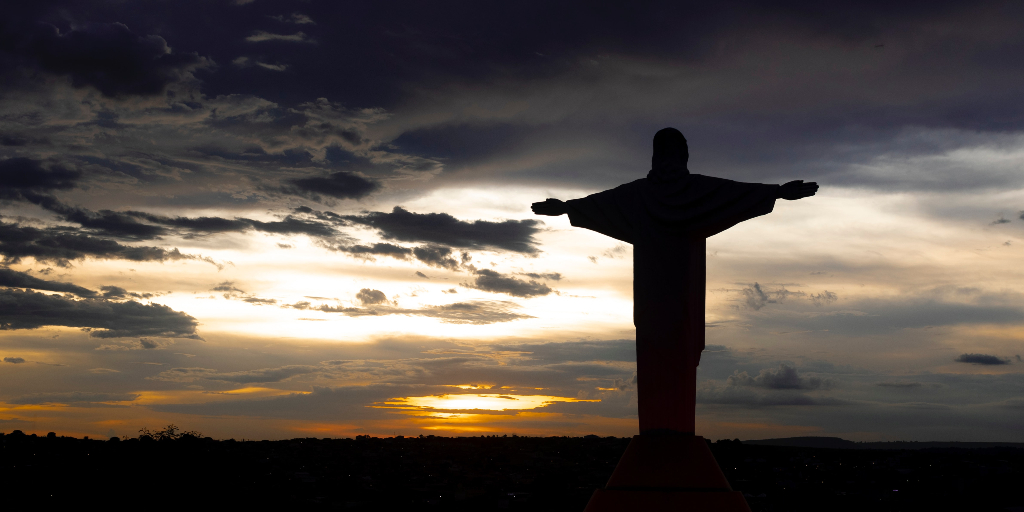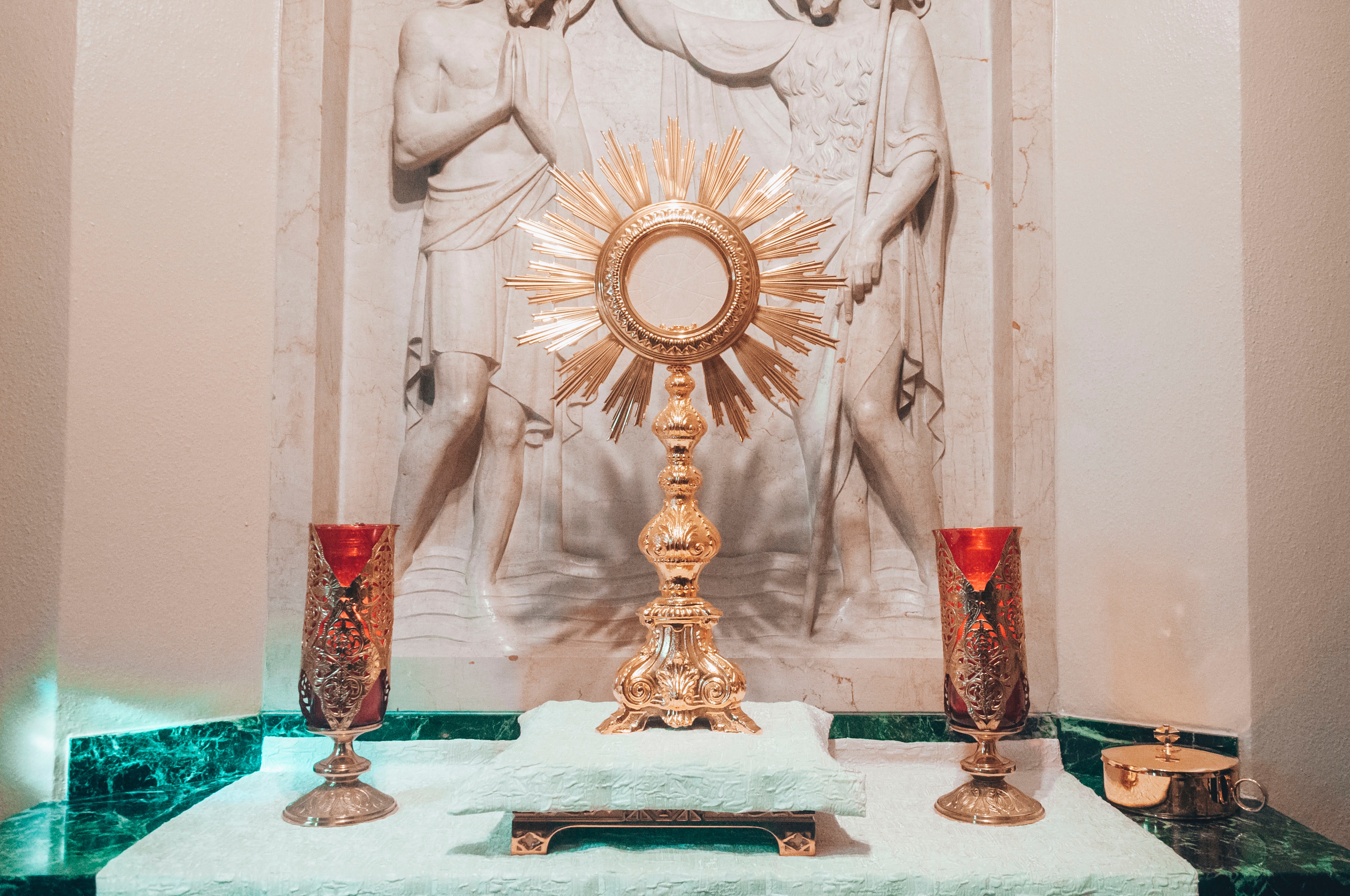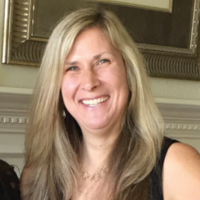
Susan Ciancio examines the virtue of hope and how it calls us to change.
We use the word hope in many different ways throughout our day. We could hope that the pizza we ordered is delivered on time. We could hope that we get the promotion at work. Or we could hope that the weather cooperates so we can enjoy a day outside.
Merriam Webster defines hope as the desire to “want something to happen or be true” or to “desire with expectation of obtainment or fulfillment.”
But the Catholic Church sees hope as more than that. According to the Catechism of the Catholic Church,
Hope is the theological virtue by which we desire the kingdom of heaven and eternal life as our happiness, placing our trust in Christ's promises and relying not on our own strength, but on the help of the grace of the Holy Spirit. ... The virtue of hope responds to the aspiration to happiness which God has placed in the heart of every man; it takes up the hopes that inspire men's activities and purifies them so as to order them to the Kingdom of heaven; it keeps man from discouragement; it sustains him during times of abandonment; it opens up his heart in expectation of eternal beatitude. Buoyed up by hope, he is preserved from selfishness and led to the happiness that flows from charity.
Wow! When we read that, we can’t help but feel encouraged. Hope is so much more than a wish or a desire.
When we put it in a theological perspective, we understand that hope is what will lead us to Christ. Yet we see also that hope requires action on our part. We can’t just hope that we get to heaven and then sit back and not work toward attaining heaven. Further, we must allow God to work through us. As the Catechism says, hope as a virtue takes that innate desire for happiness and purifies it, or makes it good, so that any resultant desire or action will glorify God, thereby leading us to Him.
It is our hope in Christ that convinces us that He walks with us through our trials, that He carries us in times of extreme difficulty, and that He will never leave us. It is our hope that tells us there is something more than our lives here on earth. It is our hope that tells us that, even though our lives may be complicated or even when we experience personal tragedies, Christ loves us and wants us for all eternity. Imagine that! He wants us! We can’t help but rejoice in that knowledge!

We need this hope today! Divisions within the country and even divisions within the Church can drain us. Like a dried-out sponge that needs liquid to fulfill its sponge-like nature, we crave a nourishment that will enliven us and make us new. We need faith and hope in the Lord. The divisions we experience surely please the devil, and they lead to the exact opposite of what Christ wants for us; they lead to hopelessness.
And a hopeless people are desperate. They’re desperate for anything to make them feel good, for anyone to follow, or for any new trend to make them feel whole and alive.
Through experience, we know that sometimes these worldly things make us happy — but for only for a short time. The satisfaction we feel will soon dissipate, and we will again be left with that empty and hopeless feeling. We will begin to say to ourselves: “Something is missing” or “There must be more than this.”
There is, and it is Christ! Only a hope in Christ will sustain us. Only a hope in Christ will make us whole. Only a hope in Christ will pick us up after we have been knocked to the ground. Only a hope in Christ will change us from a dried-up sponge-like person to one whose thirst — whose soul — is endlessly quenched. And only a hope in Christ will allow us to persevere in these trying times.
So, instead of looking at the world with dismay and sadness, search the world for its potential. Create good. Effect change. And never give up hope, for, as Christ taught us: “I came into the world as light, so that everyone who believes in me might not remain in darkness.”
Darkness leads to hopelessness. But Christ is our hope. Let us never doubt this truth.
Copyright 2021 Susan Ciancio
Images (top to bottom): Henrique Jacob (2020), Unsplash; Maria Oswalt (2021), Unsplash
About the Author

Susan Ciancio
Susan Ciancio has a BA in psychology and a BA in sociology from the University of Notre Dame and a master’s in liberal studies from Indiana University. Since 2003, she has worked as a professional editor and writer. She is executive editor for the Culture of Life Studies Program and editor of ALL's Celebrate Life Magazine.


.png?width=1806&height=731&name=CatholicMom_hcfm_logo1_pos_871c_2728c%20(002).png)
Comments